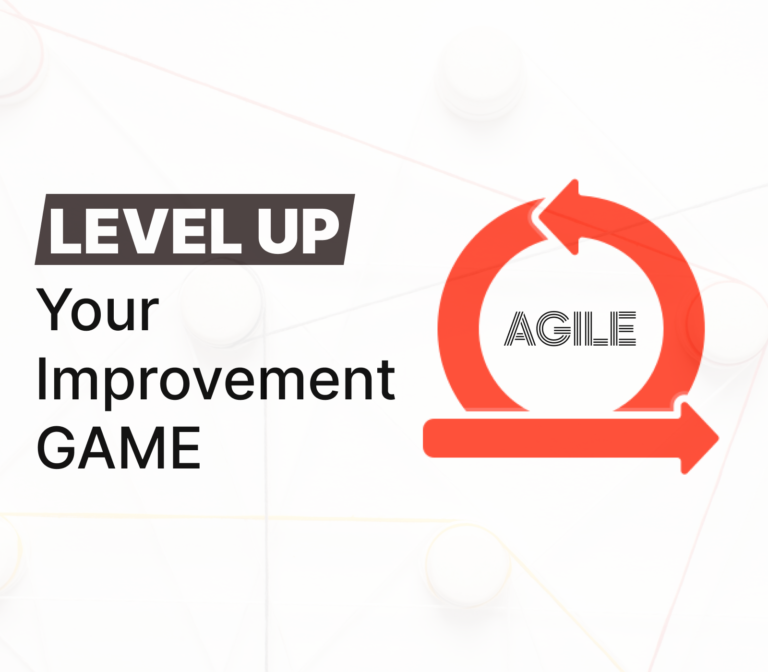Introduction:
In today’s digital age, the cloud has become an integral part of modern business operations. Cloud computing offers scalability, flexibility, and cost-effectiveness, allowing businesses to innovate and adapt to changing market demands rapidly. However, with a multitude of cloud platforms available, choosing the right one for your business can be a daunting task. In this blog post, we will explore the factors to consider when navigating the cloud and selecting the best platform to meet your business needs.
Understanding Cloud Platforms:
Before diving into the selection process, it’s essential to understand the different types of cloud platforms available. The three primary models are:
1.Public Cloud:
- Public cloud platforms, such as Amazon Web Services (AWS), Microsoft Azure, and Google Cloud Platform (GCP), are owned and operated by third-party providers.
- These platforms offer shared resources and services over the internet, making them ideal for startups and small to medium-sized businesses looking for scalability and cost savings.
2.Private Cloud:
- Private cloud platforms are dedicated to a single organization and can be hosted on-premises or by a third-party provider.
- They offer greater control, security, and customization options, making them suitable for enterprises with strict compliance requirements or sensitive data.
3.Hybrid Cloud:
- Hybrid cloud combines elements of both public and private clouds, allowing businesses to leverage the benefits of each.
- It provides flexibility, scalability, and the ability to optimize workload placement based on performance, cost, and regulatory considerations.
Factors to Consider When Choosing a Cloud Platform:
Now that we’ve covered the basics let’s delve into the key factors to consider when selecting a cloud platform for your business.
1. Workload Requirements:
- Assess your business’s workload requirements, including computing power, storage capacity, and network bandwidth.
- Determine whether your workloads are best suited for traditional applications, data analytics, machine learning, or Internet of Things (IoT) deployments.
2. Performance and Scalability:
- Evaluate the performance and scalability capabilities of each cloud platform.
- Consider factors such as processing speed, memory capacity, and the ability to scale resources up or down based on demand.
3. Security and Compliance:
- Security should be a top priority when choosing a cloud platform.
- Look for robust security features such as encryption, identity and access management (IAM), and threat detection.
- Ensure that the platform complies with industry regulations and standards relevant to your business, such as GDPR, HIPAA, or SOC 2.
4. Cost Management:
- Compare pricing models and cost structures across different cloud platforms.
- Consider factors such as upfront costs, pay-as-you-go pricing, and discounts for long-term commitments.
- Look for tools and features that help optimize costs, such as usage monitoring, resource tagging, and budgeting capabilities.
5. Integration and Interoperability:
- Assess the platform’s compatibility with your existing IT infrastructure, applications, and tools.
- Look for support for common programming languages, frameworks, and protocols.
- Consider the availability of APIs and integration options to connect with third-party services and solutions seamlessly.
6. Reliability and Availability:
- Choose a cloud platform with a proven track record of reliability and uptime.
- Evaluate the platform’s global network infrastructure, data redundancy, and disaster recovery capabilities.
- Look for service level agreements (SLAs) that guarantee a certain level of availability and performance.
7. Support and Services:
- Consider the level of support and services offered by the cloud provider.
- Look for comprehensive documentation, online resources, and community forums for self-service support.
- Evaluate the availability of technical support, training programs, and professional services to assist with deployment, migration, and ongoing management.
Conclusion:
Selecting the right cloud platform for your business is a critical decision that can impact your organization’s efficiency, agility, and competitiveness. By carefully evaluating factors such as workload requirements, performance, security, cost management, integration, reliability, and support, you can choose a platform that aligns with your business goals and enables you to unlock the full potential of cloud computing. Remember, the cloud is not a one-size-fits-all solution, so take the time to assess your needs and explore your options before making a decision. With the right cloud platform in place, you can embark on a journey of innovation, growth, and digital transformation.




